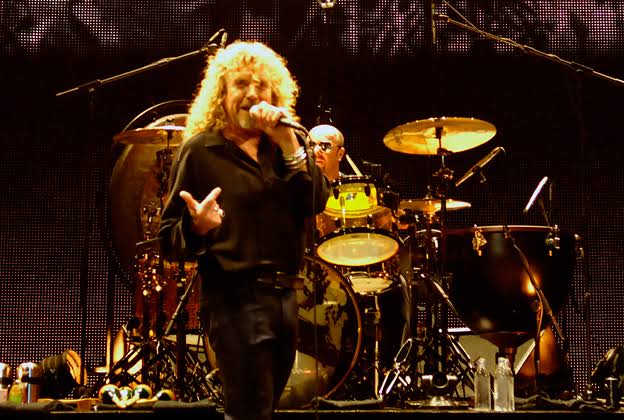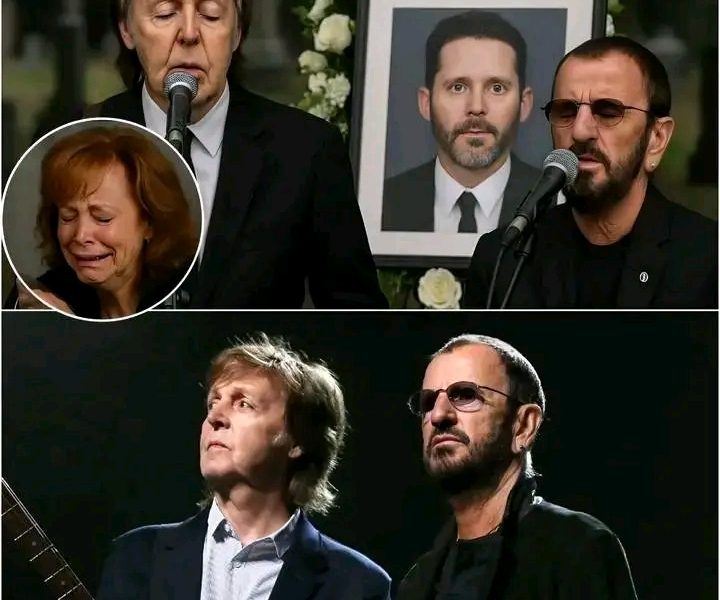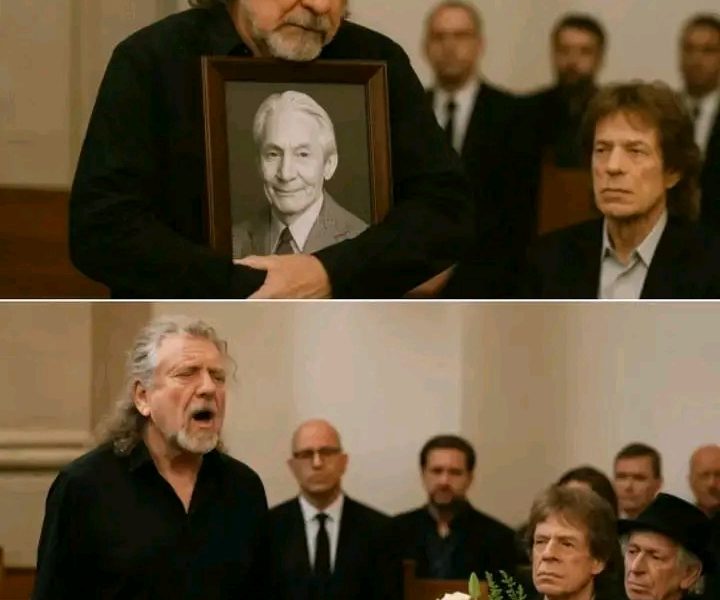The moment Led Zeppelin’s first notes thundered through the O2 Arena, the crowd erupted like a volcano that had been building pressure for nearly three decades. It was December 10, 2007—a night rock fans had dreamed of, whispered about, and waited for with breathless anticipation. As the opening chords of “Good Times Bad Times” crashed through the speakers, a wave of sheer emotion swept over the arena. Screams tore through the air, people leapt to their feet, some overcome with tears of joy, unable to believe they were witnessing history. The atmosphere didn’t just electrify—it detonated into an unstoppable musical storm.
This wasn’t just a concert. It was a resurrection. A seismic comeback from the gods of rock, a moment frozen in time that echoed the golden age of music. From the very first note, it was clear: Led Zeppelin hadn’t returned just to play—they came to reclaim their throne.
Jason Bonham, son of the legendary John Bonham, took his father’s place behind the drums—not as a replacement, but as a living tribute. His every beat was powerful, precise, and filled with the weight of legacy. Jimmy Page stood like a wizard conjuring sonic spells, his guitar riffs sharp and furious, slicing through the air with the energy of a man half his age. Robert Plant, voice ageless and mighty, roared into the mic with a presence that silenced doubt—he still had the fire, the soul, the command. And John Paul Jones, the quiet genius, was the glue holding it all together, his mastery of bass and keys as vital as ever.
For two unforgettable hours, time seemed to collapse. It wasn’t 2007—it was 1971, it was 1975, it was every year when Led Zeppelin ruled the earth. The crowd didn’t just cheer—they became part of the music, their voices and energy fusing with the band’s. Every song hit like a blast from rock’s purest vein, from “Black Dog” to “Kashmir” to the eternal “Stairway to Heaven.”
When the final notes rang out, the ovation was thunderous, endless. For those lucky enough to be there, it wasn’t just a show—it was a spiritual experience, a once-in-a-lifetime celebration of music, memory, and magic. A night etched forever into the heart of rock and roll.


